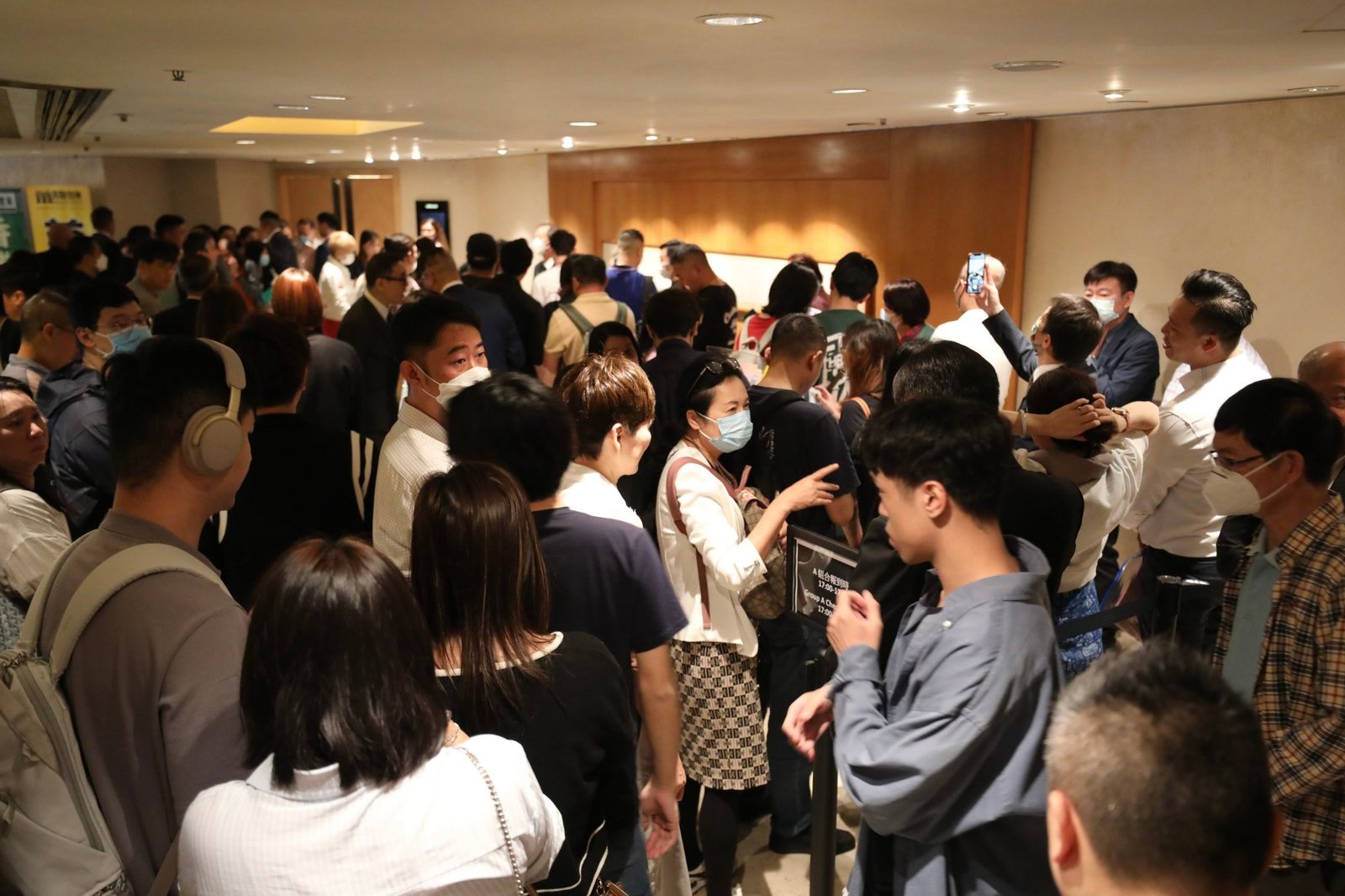The government’s move in February to ease financing and raise mortgage limits for home purchases will boost demand and prices, making it harder or longer for those saving up money to attain home ownership, according to the 2024 Asia-Pacific Home Attainability Index it published on Tuesday.
“The government is trying to stimulate the housing market by reducing the cost of home purchases,” said Ken Rhee, CEO of Huhan Advisory and co-author of the report. “By the removal of stamp duties, it will attract many people from outside to purchase homes in Hong Kong in the coming years.”
The Hong Kong-based institute measures home attainability by two yardsticks: median home price to median annual household income, ideally less than 5 times, and median monthly rent to median monthly household income, ideally less than 30 per cent.

Hong Kong’s situation improved to 25 times and 45 per cent in 2023, versus 26.5 times and 46 per cent in 2022, the report showed. In Singapore, the trend was steady at 13.5 times and 36 per cent, versus 13.7 times and 35 per cent in 2022.
Home prices in Hong Kong have declined since they peaked in September 2021, as the Covid-19 pandemic and a recession brought the median down by 7.3 per cent to US$18,331 per square metre in 2023. In contrast, the median in Singapore rose by 9.7 per cent to US$11,749, fuelled by demand from expatriates who shunned Hong Kong’s tough Covid-19 curbs.
The city’s property developers are sitting on a large stock of unsold units, an amount that would take about 2.5 years to absorb. At the same time, new supply of private homes also declined as buyers stayed on the sidelines, the report said.
While Hong Kong is infamous for its high cost of living and expensive homes, other Asian cities have also joined the Top 10 list. Shenzhen topped the ranking at 32.3 times due to underinvestment in new housing, the report said. Beijing, Manila and Ho Chi Minh City also made the list.
China last week unveiled the biggest stimulus yet to help end a three-year housing market slump with a US$41 billion relending facility to clear up unsold homes and idle land, and help the nation’s distressed developers.
The People’s Bank of China separately said it would remove the limits on mortgage rates for first and second home purchases, and cut down payment ratios for first- and second-time buyers to spur demand and quicken home ownership. The central bank will also lower interest rates on loans tied to individuals’ housing provident funds.
Local governments in mainland cities are also trying to stimulate the housing market by reversing the restrictions previously used to rein in home-price speculation, Rhee of Huhan Advisory said. The effect will take time to produce results, he said.
Tokyo experienced a 40 per cent surge in apartment prices last year, with a significant increase in demand coming from buyers from mainland China, the institute said in its report. Many wealthy Chinese buyers have shifted their focus from Singapore after the government slapped a 60 per cent stamp duty on foreign buyers, it added.
The cross-border trend will continue for the next two to three years as demand remains strong and supply is limited, said Mari Kumagai, head of research and consulting at Cushman & Wakefield Japan. Investors are not influenced by factors such as currency weakness, she added.


